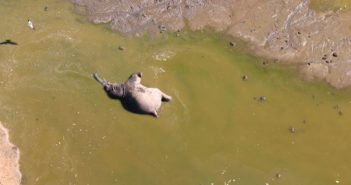
Over 400 Elephants Perish in Botswana Mystery Mass Die-off
The carcasses of more than 400 elephants have been discovered in Botswana and nobody yet knows what’s killing them. The government appears to be dragging its heels in pursuit of answers.

The carcasses of more than 400 elephants have been discovered in Botswana and nobody yet knows what’s killing them. The government appears to be dragging its heels in pursuit of answers.
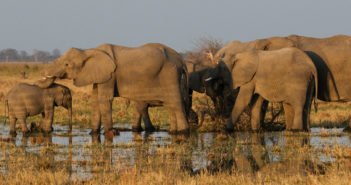
Irked by opposition to its decision to reopen elephant trophy hunting, the Botswanan government has become increasingly strident and populist in defense of its actions.
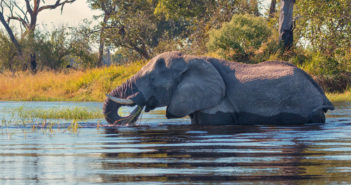
Botswana’s government has again demonstrated to the world that it either does not understand or does not care that elephants play a critical role in maintaining healthy ecological systems.
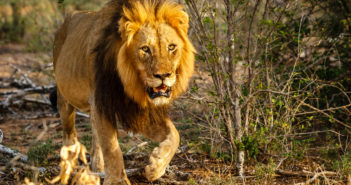
A recent letter published in the journal Science argues that banning trophy hunting imperils biodiversity, which simply doesn’t stack up.
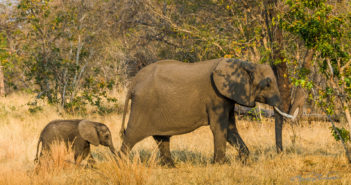
Botswana has a growing population of humans and cattle, not elephants. Outside protected areas, desertification caused by cattle over-grazing too often gets ignored. Hunting will not solve this problem; appropriate land use planning will.
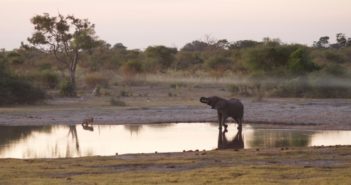
The five governments that form part the enormous Kavango-Zambezi Transfrontier Conservation Area (KAZA) are failing to protect wildlife and the livelihoods of rural communities. Widespread poaching, logging, fencing, over-population and poor cross border co-operation are driving more people to poverty and causing wildlife to disappear.
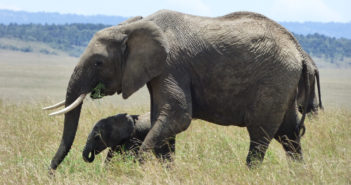
A pro-hunting stance is frequently composed both of colonial attitudes and misunderstandings about the ecological impact of hunting.
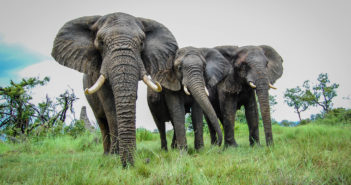
The recent lifting of Botswana’s elephant hunting ban was made possible, in part, by myths about elephants and the impacts of hunting. Those lies are exposed here.
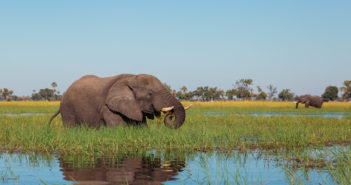
As tourism is a mainstay of Botswana’s economy, lifting the hunting ban could, the poll suggests, have severe economic consequences and damage Botswana’s international reputation.
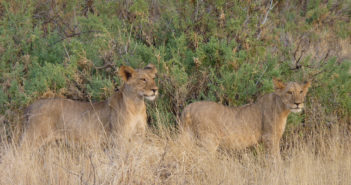
Before more exploitation of the natural world is proposed as a way to solve rural poverty in developing African countries, we need to interrogate the nature of corrupt and damaging financial relationships between those countries and the wealthy global North.
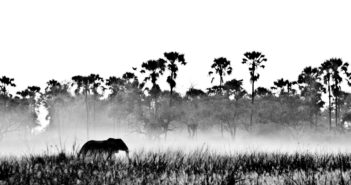
Conservation Action Trust reports on the recent increase in elephant poaching in Botswana. Various media reports have pinned the increase on a reported disarming of Botswana’s Anti-Poaching Unit, but is this the real cause, and how can the poaching be stopped?
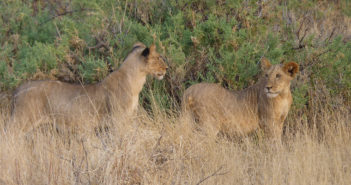
It is tragic that intelligent and well-meaning academics and lawyers can miss the point so badly. The point is that there are very good reasons why existing conservation rules are not being implemented in Africa.